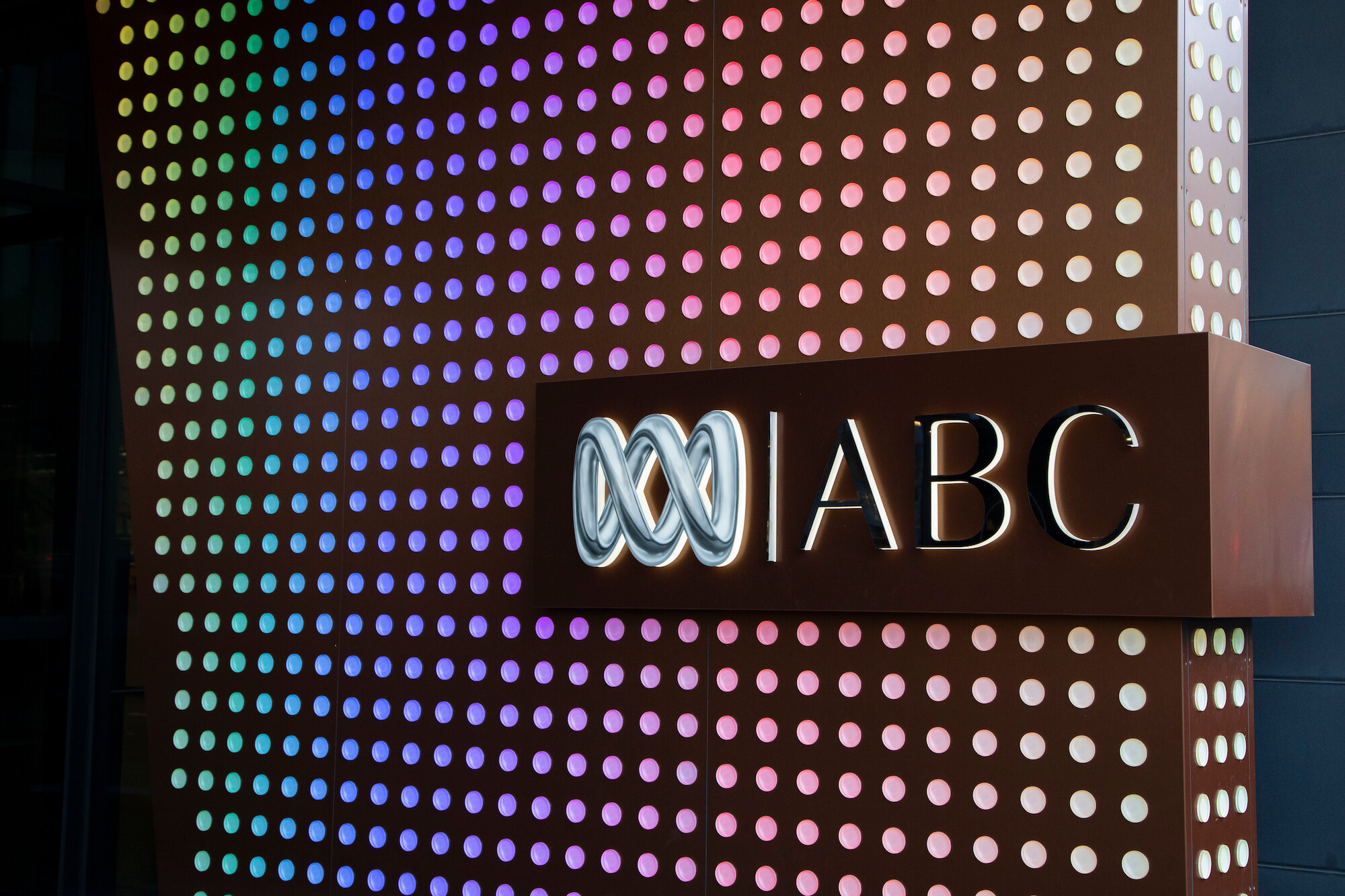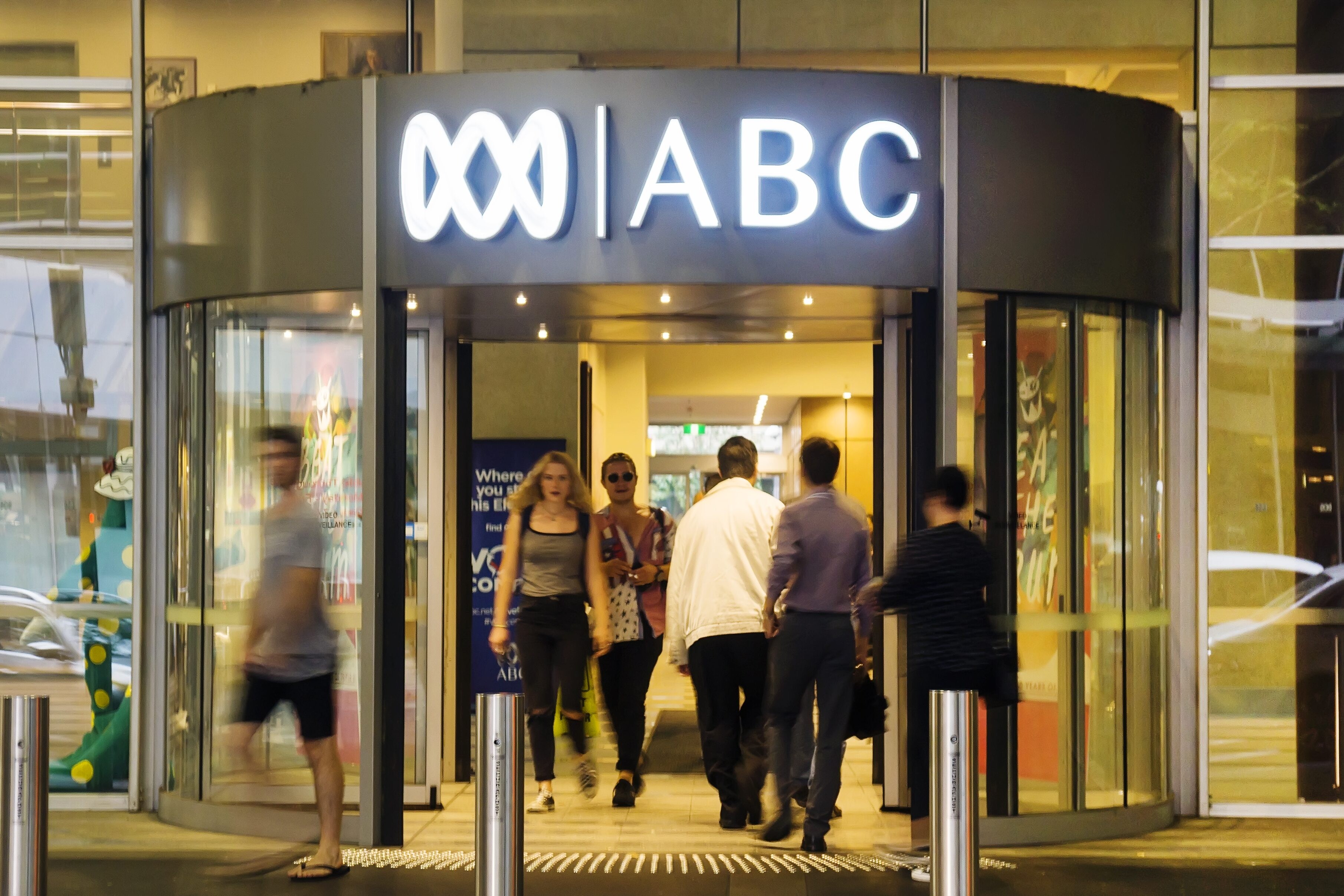After nine years of coalition rule, a new Labor government could spell a drastically different future for the Australian Broadcasting Corporation (ABC).
What have the recent challenges been?
Ahead of the 2022 federal election, there was uncertainty regarding ABC’s future if the Liberal-National Coalition government were re-elected. While the Scott Morrison government announced in February that it had reversed the indexation pause and would provide the public broadcaster with $3.3 billion over the next three years, there was no mention of ABC’s future in the Coalition’s election policies. In comparison, public broadcaster SBS, the world’s most linguistically diverse public broadcaster, was included in the Coalition’s plan to “[support] trusted news for multicultural Australia” with planned investments.
The ABC has found itself at odds on several occasions with the coalition government in recent years. Most notably, $526 million in cuts since 2014, an indexation freeze on ABC’s budget in 2018, and the Australian Federal Police raids of ABC’s Sydney Headquarters in 2019 had created a tense relationship between the ABC and the Coalition government.
The tenseness was compounded by attacks on ABC from both conservative media and politicians, with the public broadcaster often facing allegations of bias. In November 2021, the government proposed a Senate Inquiry into the public broadcasters’ handling of complaints, with then Prime Minister Scott Morrison backing the plan, saying “nobody was above the scrutiny of the Senate”. But the proposal – which came even as the ABC board had already commissioned an independent review of its editorial self-regulatory system and complaints handling processes – was decried as nothing more than political interference by ABC Chair Ita Buttrose. The inquiry was subsequently called off after fierce resistance. ABC’s own independent review, released on 17 May 2022, supported the public broadcaster’s record in handling complaints and made recommendations to strengthen public trust and confidence in this important process.
What is ABC’s place under the new Labor government?
In its election policies, the Australian Labor Party (ALP) outlined its commitment to better fund the ABC and provide Australian public broadcasters with funding certainty. Notably, the ALP pledged to provide the ABC and SBS with five-year funding terms. The five-year funding commitment is in addition to Labor’s previous commitment to reverse Scott Morrison’s cut of $83.7 million to the ABC, it said.
“Increased funding certainty outside the electoral cycle will improve the capacity of the national broadcasters to innovate as well as plan with the diverse ecosystems they support, including across education, screen production and international broadcasting,” the ALP outlined in its policies.
Labor has pushed the importance of public media’s financial stability and certainty to safeguard it against political interference and arbitrary cuts. The party also emphasised the need for independent public service media in light of growing threats to democracy, both in Australia and abroad.
“In the face of political, social, and economic instability at home and abroad, we must ensure that Australia’s instruments of nation building, democracy and culture remain strong now and into the future. This includes independent public service media that holds power to account on behalf of the Australian people,” Labor said.
What comes next?
Now that Anthony Albanese has been sworn in as Australia’s 31st Prime Minister, ABC supporters will be keeping a close eye on how the new government will deliver on its promises for the 90-year-old institution and whether it will live up to assurances.
It is now essential that concrete plans on ABC’s future funding are developed. The Public Media Alliance welcomes Labor’s stance on ABC and its recognition of the importance of independent and well-funded public service media to democracy. PMA has repeatedly reported on how funding uncertainty has negatively impacted ABC, from slashed jobs to programming. More stable funding – that does not infringe upon ABC’s independence – means that ABC can continue its vital contribution to democratic society and life in Australia. And ABC has clearly demonstrated its public value in recent years. From its life-saving coverage of the Australian bushfires, to its crucial and critical coverage of the COVID-19 pandemic in multiple languages, ABC has shown why it continues to attract record audiences while delivering outstanding value for money.
It is also essential that the new government legislates measures to better protect public media from the pressures of streaming giants. As noted in its own election policies, the Labor party said “the media sector is evolving rapidly, and Australia’s media’s laws are out of step”, with the country’s broadcasting legislation not updated adequately for the digital age. PMA advocates for the Labor government to follow through on its pledge to legislate a prominence regime that ensures Australian TV services are available and easy to find on connected TV platforms. While audiences are quick to pit public service media against streaming services in their entertainment value, PSM goes beyond that. Public service media provides comprehensive online services, weather reports, public service announcements in an emergency; delivers rigorous, critical, and local-level journalism; and commissions quality content for otherwise underrepresented audiences. These contributions must be safeguarded through legislature.
Finally, it is essential that commitments to an independent ABC are maintained. As noted by ABC Chair Ita Buttrose in a 2020 statement, “the ABC has not only helped shape Australia, we are the national voice that unites us.” Her words ring as true today as they did two years ago. The new Labor government must remain committed to the ABC’s management of its own affairs, including its editorial self-regulatory system and complaints handling. The ABC has already accepted all recommendations from its independent review and must be given the freedom to implement these as they see fit. ABC acts in the interests of the Australian public and this public service mandate must be actively supported and upheld.
Header image: Queensland headquarters of the Australian Broadcasting Corporation at South Bank, Brisbane. Credit: Scott Kenneth Brodie/iStock
Related Posts
21st April 2022
All Australians invited to join the ABC’s 90th birthday celebrations
The ABC, turns 90 this year and is…
5th April 2022
ABCQueer: Australia’s public broadcaster representing marginalised groups
ABCQueer is the Australian public…
22nd November 2021
Under attack ABC sticks up for public media values
ABC sticks to its values in the face of…


